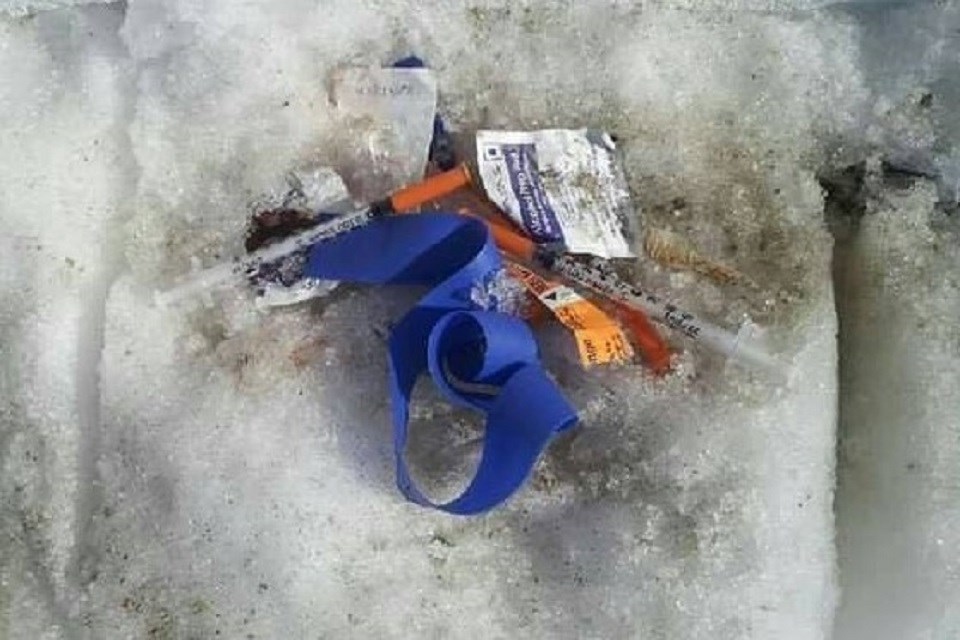There's a push in North Bay for the provincial government to fund the implementation of safer supply initiatives where people could get their drug supplies and prescriptions instead of using illicit street drugs.
"That's what's killing people, " says Patricia Cliche, Chair of the Community Drug Strategy, North Bay & Area.
"It's these unregulated street drugs," Cliche told CKAT. "It's the fact that they're not tested. They're selling Fentanyl on the street at a lesser price than they used to be and it's an unregulated drug so we're hoping that with a safer site these drugs are regulated. There's a lot of work for us to do to get a site going, but that's what we're hoping for."
The number of opioid poisoning deaths in Ontario is escalating. Preliminary data from the Ontario Coroner’s Office shows a 25 per cent increase in overdose fatalities through March, April and May 2020 compared to the same three-month period in 2019, with approximately 55 overdose deaths occurring each week.
Locally, for 2020, suspected opioid overdose deaths have reached a high of 15 and it is anticipated that this will number continue to increase.
Cliche says a local safe site will cut down the number of deaths from overdose from illicit drugs in our area. She says presently there are no sites in northern Ontario, but there are in Toronto, Ottawa and London.
"It's for whatever drug the person is using," says Cliche. "We've got a lot of work to do."
She's hoping local people see it as a positive step forward, but she's realistic.
"There's always pushback, it doesn't matter what initiative you start because people will say are we going to be funding people getting their drugs free and in a safer place?' I look at it as if one life is saved, it's well worth it."
In 2019, Ontario recorded the highest number of opioid-related overdose deaths in Canada, with 1,535 people dying from opioid-related poisoning, surpassing British Columbia for the first time.
The drug poisoning crisis has been intensified by the COVID-19 pandemic.
"The time for change is now, The Municipal Drug Strategies cannot stand by and witness further deaths by opioid poisoning within our communities," says Cliche. "We need our provincial and federal governments to quickly change current policy decisions so that our community members with experience substance us dependencies are no longer at risk from a contaminated drug supply.
"This process begins with an investigation of the feasibility of completing an application for a safer supply site for the District of Nipissing."



